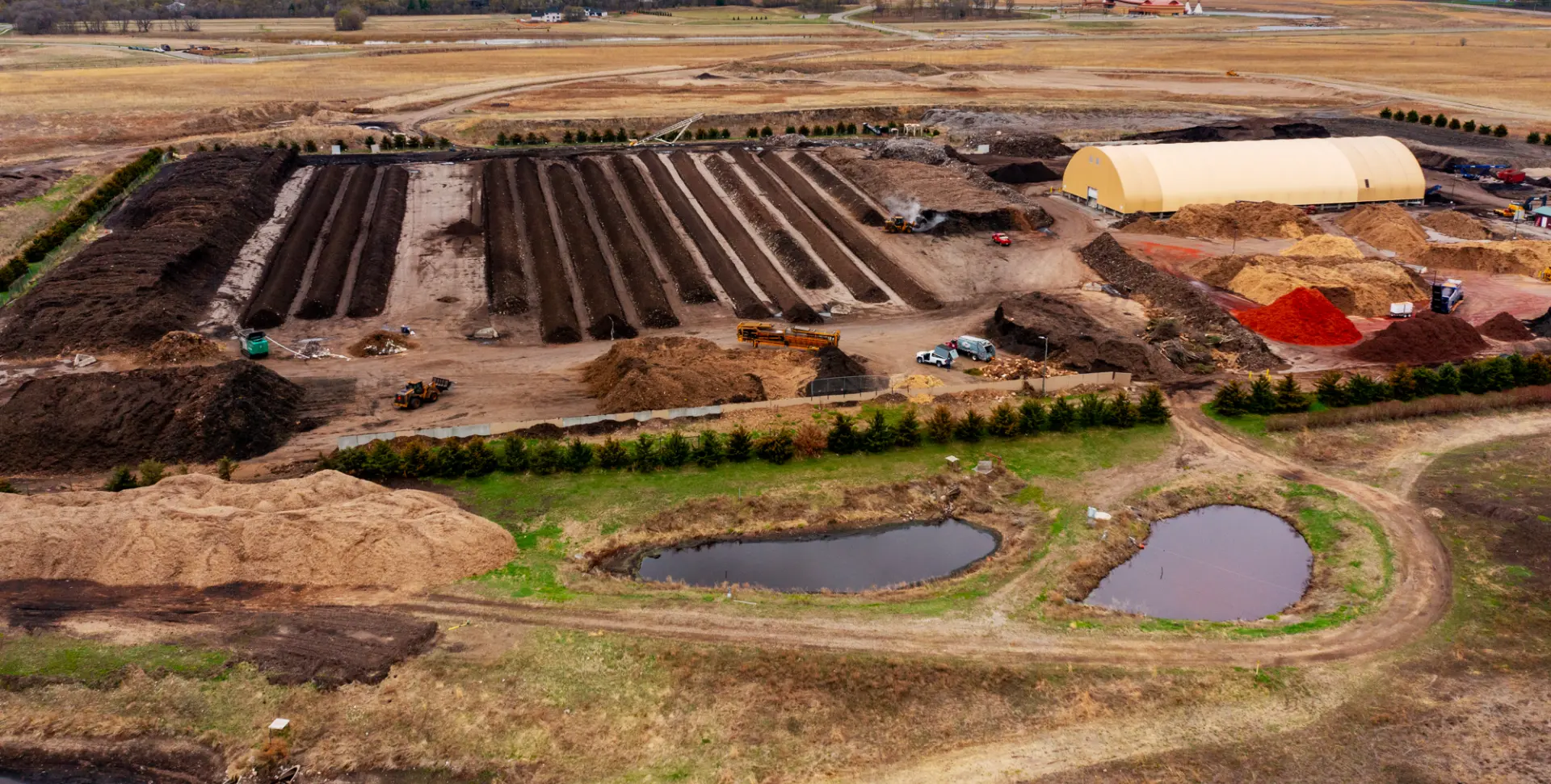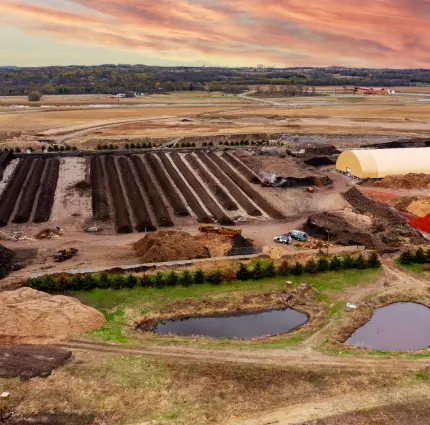Every day, most of us throw away food scraps without a second thought—up to 30% of what we throw away is organic waste! Coffee grounds, fruit and vegetable peels, eggshells, and a variety of other scraps do not have to go to waste. You can compost the scraps right in your own kitchen. Many are aware of the benefits of composting but are intimidated to get started.
Collecting compost materials at home is an easy way to contribute to sustainability by reducing the amount of waste that ends up in landfills. You don’t need a yard or garden, just a small waste bin and a routine. When it comes to countertop composting, your indoor bin is not where composting takes place, but rather it’s a place to store scraps until they can move to the final composting destination, such as Dakota Prairie Composting (DPC). See our checklist to guide you through the basics of composting.

- Sign Up for the Household Organics Recycling Program.
- Click here to register.
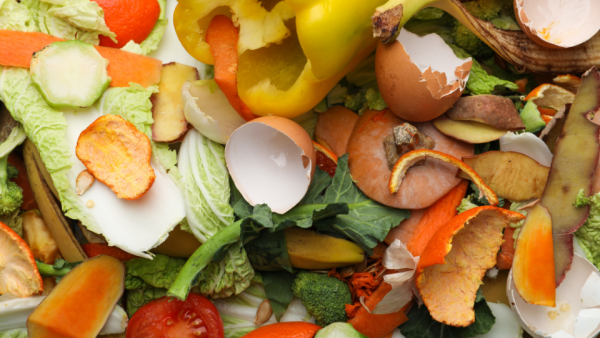
- Know What Can Be Composted.
- Fruit and vegetable scraps, coffee filters, coffee grounds, eggshells, or even tea bags (without plastic).
- Some things to avoid composting are metal, plastic, large amounts of grease or oil (more than two gallons). These items can create odors and slow down or disrupt the composting process.
- Check out Organics Recycling to see all of what we take and don’t take.
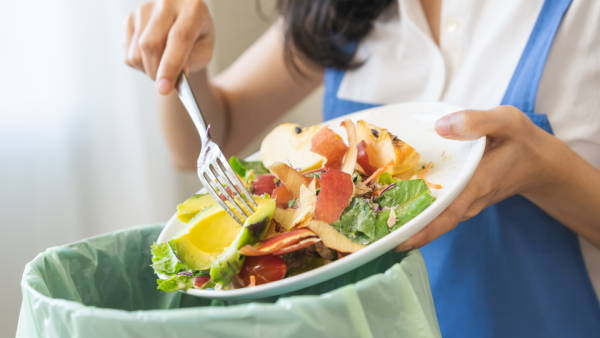
- Choose a Compost Bin.
- The bin you choose can make all the difference to your composting experience.
- The best bin will be made of a durable material and have a secure lid. Some individuals choose a stainless-steel pail or a reusable plastic tub/container; the key is to choose something that adheres to your space, your habits, and your process.
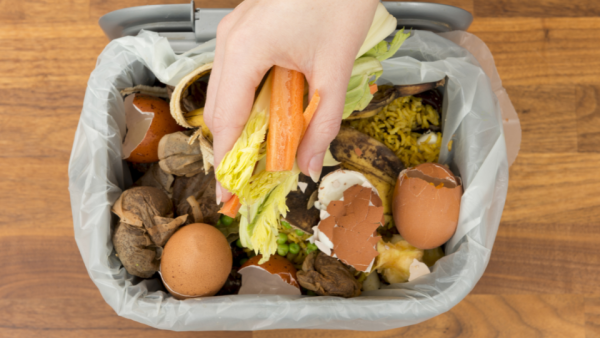
- Control the Odor: What About the Smell?
- A well taken care of compost bin should not smell bad.
- Line the bottom of your compost bin with paper and empty your bin regularly.
- You can keep an extra stash of paper nearby and add as needed—it can help absorb the moisture in your compost bin.
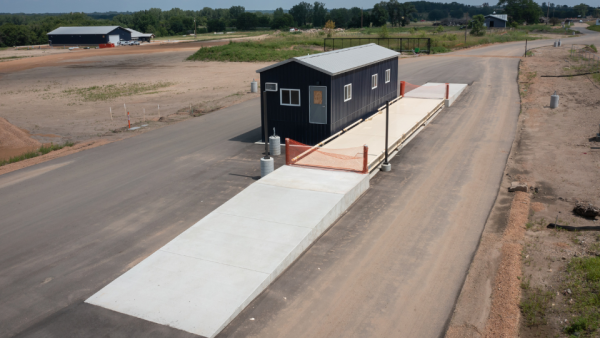
- When Your Bin is Full: Get it to the Right Destination!
- At DPC, we have created a simple way for residents to drop off all household food scraps and other compostable products.
- A readily accessible cart is available for the composting program participants. When you arrive, check in with the scale attendant, show your participant card, make your way to the cart, and get rid of your scraps!
- Visit the Dakota Prairie Composting site for any remaining questions.
The process of composting does not require perfection, but it does require intention. Composting can become a small part of your day that leads to a big impact. The pleasure of experiencing a full circle moment; from the leftover scraps to the foundation of next season’s growth.
Composting is a return to the soil and to Earth’s natural cycle. The bigger understanding is that waste does not have to be wasteful at all. Waste is potential—and it can start right in your own kitchen.



